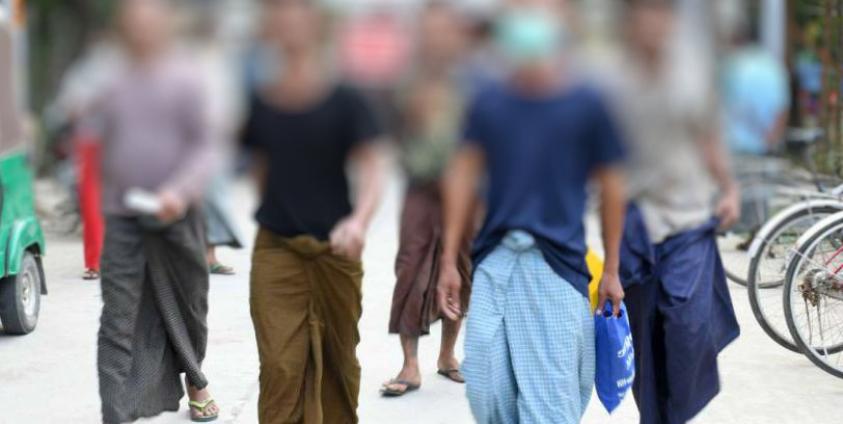Veteran politicians and EOAs said that the release of more than 40 detained troops from Ethnic Armed Organizations (EAOs) by the military council was due to pressure from the international community and a move to restore deteriorating political dignity.
The coup military council announced on November 18 that, in honor of National Victory Day, which fell on November 17, the imprisoned members of EAOs would be released in the interest of national unity and internal peace.
The 41 EAOs members who were granted amnesty included 17 soldiers each from Arakan Army (AA) and Kachin Independenc Army (KIA), five soldiers from the Restoration Council of Shan State (RCSS/SSA) and two comrades from KNU/KNLA.
They are leased under Article 401 (1) of the Code of Criminal Procedure “to serve the new punishment in addition to the remaining punishment to which he was sentenced this time if more offense is committed.”
According to Padoh Saw Taw Nee, spokesman for the Karen National Union (KNU), the military council only released members of EAOs only when they were no longer able to withstand pressure from both internal and international forces.
The Than Lwin Times could not reach AA’s spokespersons for comments regarding their troops released by the military council.
Colonel Norbu, the information officer for KIA, told Than Lwin Times that it was impossible for him to respond to the issue of the release of 17 KIA soldiers because he had not received any instructions from his superiors.
Veteran politician U Pe Than also said, “The number of EAO members released by the military council is the same as the number of people arrested in Rakhine State per day. Rather than releasing them willingly, they do so with the intention of promoting their declining image. It is part of their efforts to reduce international pressure and gain legitimacy in the upcoming elections.”
The military council released more than 5,700 prisoners nationwide on the pretext of celebrating National Victory Day on November 17.
However, the Assistance Association for the Political Prisoners (AAPP) announced on November 18 that only 72 political prisoners were among those released by the military council.
The detainees have been released because the military council is under pressure from the international community and local opposition forces for failing to implement ASEAN’s five-point consensus, the analysts said.







